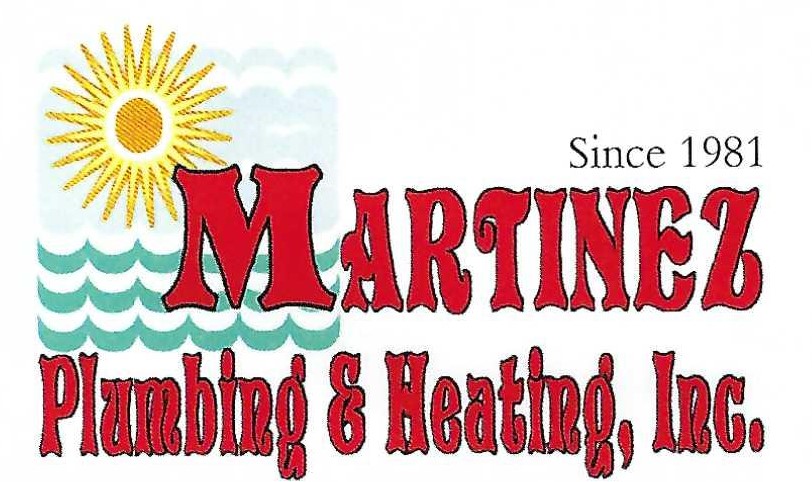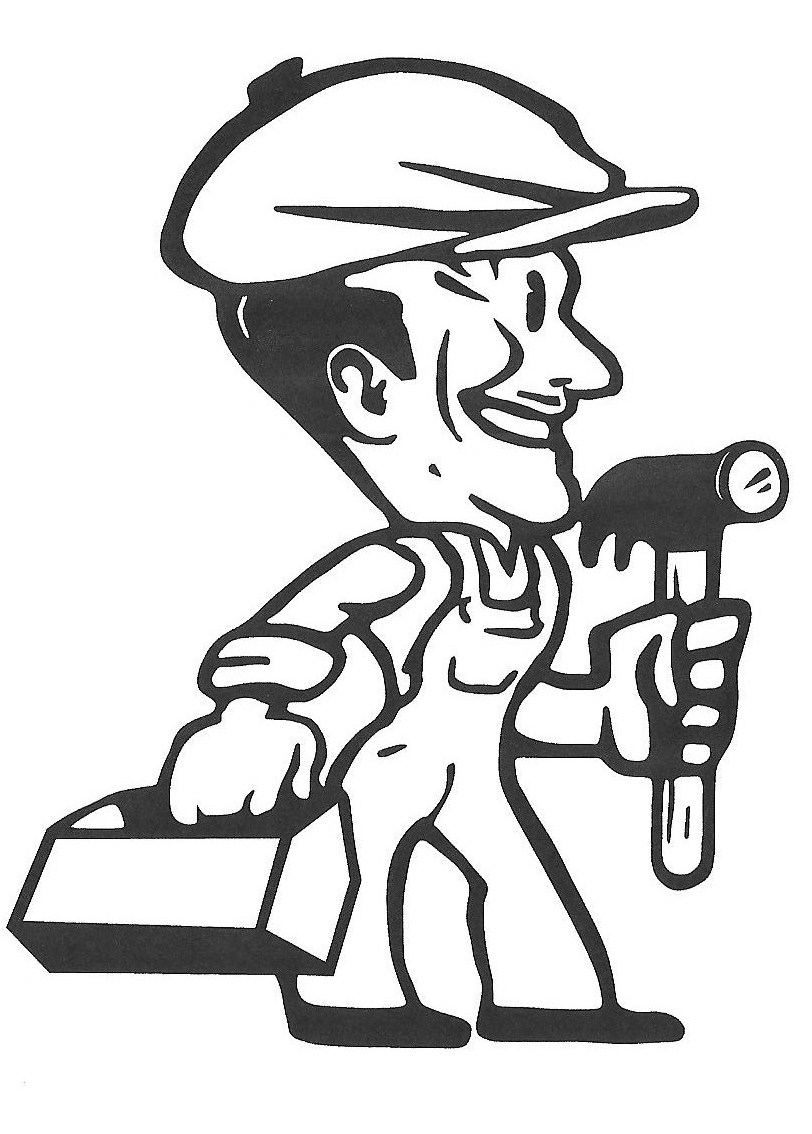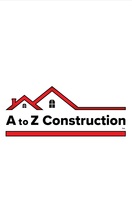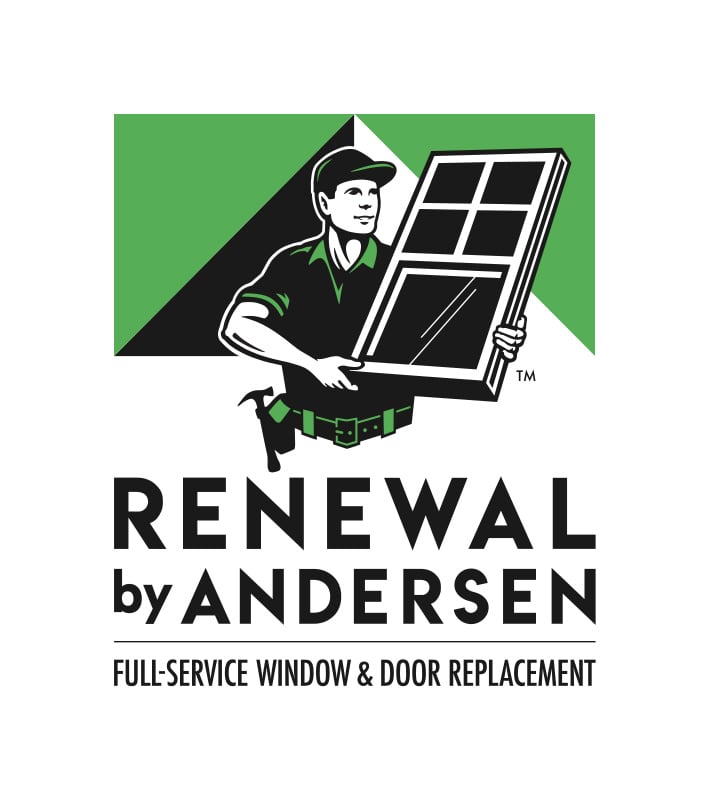
Get matched with top gas log pros in Wright, WY
Enter your zip and get matched with up to 5 pros
Need a pro for your gas log service project in Wright, WY?
Find Gas log pros in Wright

AppliancePartsPros.com
AppliancePartsPros.com
Since 1999, we've helped millions of do-it-yourselfers save money and fix their broken appliances quickly by providing quality appliance parts and free repair advice. We are only an online appliance parts retailer that offers a 365 day warranty and fast shipping. We also offer technical advice and diagnosis totally free 6 days a week. If you are interested in repairing your own appliance, please call us at 1-877-477-7278 or click live chat on our web site. We will help diagnose the problem and provide you with all the necessary information for the repair free of charge. It's better with the Pros!™ Avoid costly service calls - visit us at http://www.appliancepartspros.com
"Beware of shipping issues with this company. Ordered an ice maker installation kit on 10/10/25. Shipping was due no later than 10/20 according to company and FedEx tracking. FedEx tracking showed the package at their facility for 8 days without moving beginning on 10/15. Called FedEx 3 times. Each time they said they cannot find package and I have to contact shipper. Shipper has to make a claim, they will not mark it as lost. Called Appliance Parts Pros twice. Each time they say FedEx has to mark package lost before they will do anything. They also state they have to wait 14 days from them before doing anything because of their contract with FedEx. I don't care about their contract, I want what was ordered and paid for. Just going in circles with them and FedEX. If they shipped after 14 days it would be 22 days from that point, 32 days from the date of order if they shipped it that day. There was a deadline for installing this part before tenants arrive. They did not care, would not m"
Ron R on October 2025
Since 1999, we've helped millions of do-it-yourselfers save money and fix their broken appliances quickly by providing quality appliance parts and free repair advice. We are only an online appliance parts retailer that offers a 365 day warranty and fast shipping. We also offer technical advice and diagnosis totally free 6 days a week. If you are interested in repairing your own appliance, please call us at 1-877-477-7278 or click live chat on our web site. We will help diagnose the problem and provide you with all the necessary information for the repair free of charge. It's better with the Pros!™ Avoid costly service calls - visit us at http://www.appliancepartspros.com
"Beware of shipping issues with this company. Ordered an ice maker installation kit on 10/10/25. Shipping was due no later than 10/20 according to company and FedEx tracking. FedEx tracking showed the package at their facility for 8 days without moving beginning on 10/15. Called FedEx 3 times. Each time they said they cannot find package and I have to contact shipper. Shipper has to make a claim, they will not mark it as lost. Called Appliance Parts Pros twice. Each time they say FedEx has to mark package lost before they will do anything. They also state they have to wait 14 days from them before doing anything because of their contract with FedEx. I don't care about their contract, I want what was ordered and paid for. Just going in circles with them and FedEX. If they shipped after 14 days it would be 22 days from that point, 32 days from the date of order if they shipped it that day. There was a deadline for installing this part before tenants arrive. They did not care, would not m"
Ron R on October 2025
Gale Chimney Service
Gale Chimney Service
Gale Chimney Service is the destination for all your chimney cleaning needs. Locally owned and operated, we can take care of any chimney problem you may have. We will make sure you get all the information you need up front and always know exactly what we’re doing in your home. Call for an appointment today. Our business hours are Monday through Friday 8AM until 5PM.
"We are lucky to have this company in Casper. They were personable, professional and punctual. We will call them again when we need our Chinney cleaned."
Candice H on November 2021
Gale Chimney Service is the destination for all your chimney cleaning needs. Locally owned and operated, we can take care of any chimney problem you may have. We will make sure you get all the information you need up front and always know exactly what we’re doing in your home. Call for an appointment today. Our business hours are Monday through Friday 8AM until 5PM.
"We are lucky to have this company in Casper. They were personable, professional and punctual. We will call them again when we need our Chinney cleaned."
Candice H on November 2021
Ancient Elements Stonework LLC
Ancient Elements Stonework LLC
Call for free estimates
Call for free estimates

Martinez Plumbing & Heating
Martinez Plumbing & Heating
Martinez Plumbing and Heating, Inc. proudly serving Cheyenne and the surrounding areas since 1981.
Martinez Plumbing and Heating, Inc. proudly serving Cheyenne and the surrounding areas since 1981.
S&J Log Construction
S&J Log Construction
We strive for excellence in meeting the needs of our clients for every project. No project or home is too big or small. Our goal is to work hard and use our strength and creativity in the log industry to make your log dream come true. We provide our clients with creative options that will save you both time and money. Our services cover manufacture, repair, maintenance, modification, construction equipment, building materials or components for residential or commercial construction. Our mission is to bring your ideas, thoughts, and concepts to a reality. Integrity, craftsmanship, principles and procedures are the backbone for all of our construction projects. Please feel free to contact us for any information you require to make your log home dream come true. Located in Cheyenne, Wyoming however will travel to where the work needs to be done.
We strive for excellence in meeting the needs of our clients for every project. No project or home is too big or small. Our goal is to work hard and use our strength and creativity in the log industry to make your log dream come true. We provide our clients with creative options that will save you both time and money. Our services cover manufacture, repair, maintenance, modification, construction equipment, building materials or components for residential or commercial construction. Our mission is to bring your ideas, thoughts, and concepts to a reality. Integrity, craftsmanship, principles and procedures are the backbone for all of our construction projects. Please feel free to contact us for any information you require to make your log home dream come true. Located in Cheyenne, Wyoming however will travel to where the work needs to be done.
See It N 3D Design & Technical Illustrations
See It N 3D Design & Technical Illustrations
The end product will be your Blue Prints, Floor Plans, Notes or drawings (non-technical nor artistic required) designed and converted digitally into 3D (Isometric) full color digital images. (animation available). The purpose and value of my service is convey ideas and purpose of my Clients (Architects, Designers, Artists, Contractors, Home Owners etc.) into images from 8.5 to 11" to Large format such as Poster Board or Bill Board size for advertisement or demonstration, Video 3D animation also available. SEEIT N 3D before you build it SAVE $ and TIME. My illustrations are the last step before the project becomes a reality. I have saved my clients thousands of dollars by allowing a Virtual Reality Preview of the end product/ project using the proposed materials, colors and textures. Email for a free consultation, include samples for a quote.
The end product will be your Blue Prints, Floor Plans, Notes or drawings (non-technical nor artistic required) designed and converted digitally into 3D (Isometric) full color digital images. (animation available). The purpose and value of my service is convey ideas and purpose of my Clients (Architects, Designers, Artists, Contractors, Home Owners etc.) into images from 8.5 to 11" to Large format such as Poster Board or Bill Board size for advertisement or demonstration, Video 3D animation also available. SEEIT N 3D before you build it SAVE $ and TIME. My illustrations are the last step before the project becomes a reality. I have saved my clients thousands of dollars by allowing a Virtual Reality Preview of the end product/ project using the proposed materials, colors and textures. Email for a free consultation, include samples for a quote.
GLOBAL SPAS
GLOBAL SPAS
Spas, Hot Tubs and Jacuzzis, Stoves and fireplace sales, service and install, Sunroom , green house and room additions, saunas, gazebos, Truck caps and accessories Specialty Retail and Service Center
Spas, Hot Tubs and Jacuzzis, Stoves and fireplace sales, service and install, Sunroom , green house and room additions, saunas, gazebos, Truck caps and accessories Specialty Retail and Service Center

David's Roofing & Repairs
David's Roofing & Repairs
This Roofing & Repair company does it all! Check out some of our Quality work @ www.davidsroofing.org Where seeing is believing! Quality workmanship from Contractors is hard to come by so we aim to prove that One job at a time.
This Roofing & Repair company does it all! Check out some of our Quality work @ www.davidsroofing.org Where seeing is believing! Quality workmanship from Contractors is hard to come by so we aim to prove that One job at a time.
Monument Home Builders Inc
Monument Home Builders Inc
Your home is more than just a building. Your home a place where you raise your family, entertain your friends, and find solace from the outside world and elements. Your home is a long term investment. JEI understands that your home is so much more than just a house, and we strive to incorporate that understanding into each home that we build. We also understand that your home is an investment and should be a good value at the time of purchase. JEI offers a one-year warranty and stands behind your investment. You will find that each and every home that is built by JEI incorporates these ideals. Our staff strives to be attentive to your needs and will work with you from the time that you walk in our doors to the time you walk in yours, and beyond. We plan to exceed your expectations. DBA- JEI Contractors
Your home is more than just a building. Your home a place where you raise your family, entertain your friends, and find solace from the outside world and elements. Your home is a long term investment. JEI understands that your home is so much more than just a house, and we strive to incorporate that understanding into each home that we build. We also understand that your home is an investment and should be a good value at the time of purchase. JEI offers a one-year warranty and stands behind your investment. You will find that each and every home that is built by JEI incorporates these ideals. Our staff strives to be attentive to your needs and will work with you from the time that you walk in our doors to the time you walk in yours, and beyond. We plan to exceed your expectations. DBA- JEI Contractors
Verified Reviews for Gas Log Service pros in Wright, WY
*The Angi rating for Gas Log Service companies in Wright, WY is a rating based on verified reviews from our community of homeowners who have used these pros to meet their Gas Log Service needs.
*The HomeAdvisor rating for Gas Log Service companies in Wright, WY is a rating based on verified reviews from our community of homeowners who have used these pros to meet their Gas Log Service needs.
Last update on December 31, 2025
The homeowners guide to home care is here
From average costs to expert advice, get all the answers you need to get your job done.

Curious how much a shower remodel costs? From new fixtures to full installations, we have the prices you need to know to establish a shower remodel budget.

Bathroom cabinet costs can easily skyrocket. Take a look at these important cost factors and considerations to help you stay within your budget.

The cost of installing a bathtub or a shower liner depends on the type of tub or shower, size, and features. This guide will show what you can expect to pay for your project.
 •
•Working from home is only productive if you have a dedicated office space. Learn the cost to build a home office, from materials to labor rates.

This handy guide will walk you through 17 types of bathroom sinks to help you decide on the best one for your bathroom remodel.

Adding kitchen cabinets to your ceiling is a budget-friendly way to increase your storage space and make your kitchen look more attractive.
- Plumbing in Wright
- Flooring in Wright
- Foundation Repair in Wright
- Tree Service in Wright
- Deck Maintenance in Wright
- Electrical in Wright
- Handyman Service in Wright
- Lawn And Yard Work in Wright
- Landscaping in Wright
- Siding in Wright
- Fencing in Wright
- Small Appliance Repair in Wright
- Home Inspection in Wright
- Septic Tank in Wright
- Doors in Wright
- Carpet Cleaning in Wright
- Land Surveying in Wright
- Mulch And Topsoil in Wright
- Windows in Wright
- Roofing in Wright
- Plumbing in Wright
- Tree Service in Wright
- Kitchen And Bath Remodeling in Wright
- Fencing in Wright
- Siding in Wright
- Foundation Repair in Wright
- Concrete Repair in Wright
- Landscaping in Wright
- Electrical in Wright
- Windows in Wright
- 🌱 "Mow a small front yard"
- 🛠 "Fix a leaking pipe under the sink"
- 🏠 "Repair shingles on an asphalt roof"




